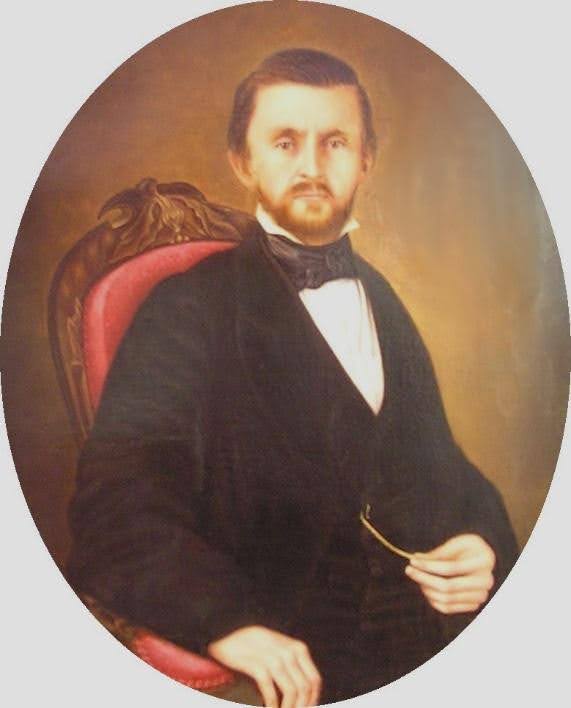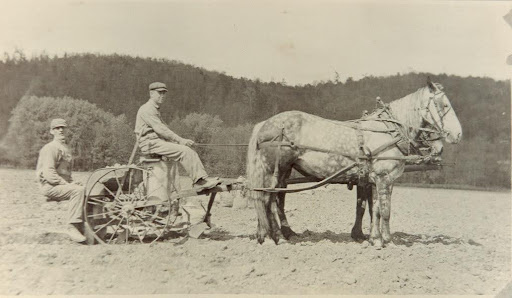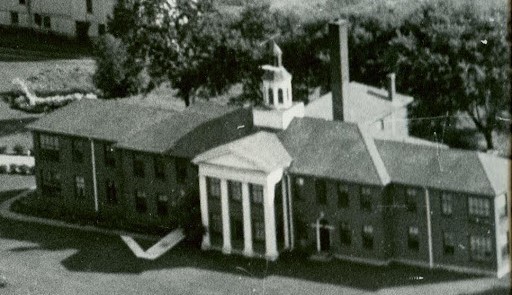
In the vast tapestry of history, there are figures whose stories remain hidden, waiting to be brought into the light. Such is the tale of Henry R. Rouse, a man whose life embodies resilience and compassion, leaving an indelible mark on the landscape of Warren County, Pennsylvania.
Born in 1823 in Westfield, NY, Rouse's early years were marked by modesty and struggle. Yet, his innate determination propelled him forward, leading him to explore opportunities beyond his humble beginnings.
After a brief tenure in academia, Rouse ventured into the bustling lumber trade of Warren County, Pennsylvania, where he found his calling. Through astute investments and unwavering dedication, he ascended to become a respected figure in the local community.
It was amidst this backdrop of growth and opportunity that the Rouse Estate was born. Incorporated as a non-profit, charitable organization in 1862 under Act 410 of 1861, the Rouse Estate initially served as a hospital, later transitioning into a poor farm to provide for the less fortunate.
However, as societal needs evolved, so too did the mission of the Rouse Estate. With the advent of Social Security, Medicare, and other social welfare programs in the mid-1960s, the poor farm became obsolete. In response, the Commissioners of the Rouse Estate made the decision to transition to a nursing home, ensuring continued care for the elderly and indigent in the community.
Throughout its evolution, the Rouse Estate remained steadfast in its commitment to serving the community's most vulnerable. In 1992, a new Rouse Home building was constructed, followed by the establishment of the Rouse Children's Center in 1994 and the renovation of the former Rouse Home into The Suites at Rouse personal care home in 1995.
In 2004, the establishment of a five-person Board of Directors signaled a new chapter in the Rouse Estate's governance, ensuring continued oversight and accountability. Moreover, the repeal of outdated legislation, such as Act 375 of 1864, paved the way for modernization and efficiency.
Today, the Rouse Estate stands as a beacon of compassion and care, offering a continuum of services to improve the quality of life for those in need. From skilled nursing and personal care to memory care services and child daycare, the Rouse Estate remains dedicated to its founding principles of resilience, compassion, and community service.
Now for some Rouse trivia:
- In what year was Henry R. Rouse born, and in which village did he spend his early years?
- What was the primary industry that Henry R. Rouse ventured into after leaving academia?
- Under which act was the Rouse Estate incorporated as a non-profit, charitable organization in 1862?
- What was the initial purpose of the Rouse Estate when it was established in 1862?
- What significant event led to the transition of the Rouse Estate from a hospital to a poor farm?
- How did societal changes, such as the implementation of Social Security and Medicare, impact the role of the poor farm in the late 1960s?
- What decision did the Commissioners of the Rouse Estate make regarding the future of the poor farm in response to societal changes?
- When was the former Rouse Home renovated and repurposed into The Suites at Rouse personal care home?
- What legislative action in 2004 signaled a new era of governance for the Rouse Estate?
- What is the modern-day mission of the Rouse Estate, and what range of services does it offer to the community?
*Answers can be found below*


Answers:
- Henry R. Rouse was born in 1823, and he spent his early years in the village of Westfield, NY.
- After leaving academia, Henry R. Rouse ventured into the bustling lumber trade of Warren County, Pennsylvania.
- The Rouse Estate was incorporated as a non-profit, charitable organization under Act 410 of 1861.
- The Rouse Estate was initially established as a hospital in 1862.
- The transition of the Rouse Estate from a hospital to a poor farm was prompted by the advent of Social Security, Medicare, and other social welfare programs in the late 1960s.
- Societal changes, such as the implementation of Social Security and Medicare, rendered the poor farm obsolete by providing alternative support for the less fortunate.
- In response to societal changes, the Commissioners of the Rouse Estate decided to transition the poor farm into a nursing home to continue providing care for the elderly and indigent.
- The former Rouse Home was renovated and repurposed into The Suites at Rouse personal care home in 1995.
- In 2004, the establishment of a five-person Board of Directors signaled a new era of governance for the Rouse Estate.
- The modern-day mission of the Rouse Estate is to improve the quality of life for those who cannot fully care for themselves, regardless of age or economic status. The Rouse Estate offers a range of services including skilled nursing, personal care, memory care services, in-home care, and child daycare.
